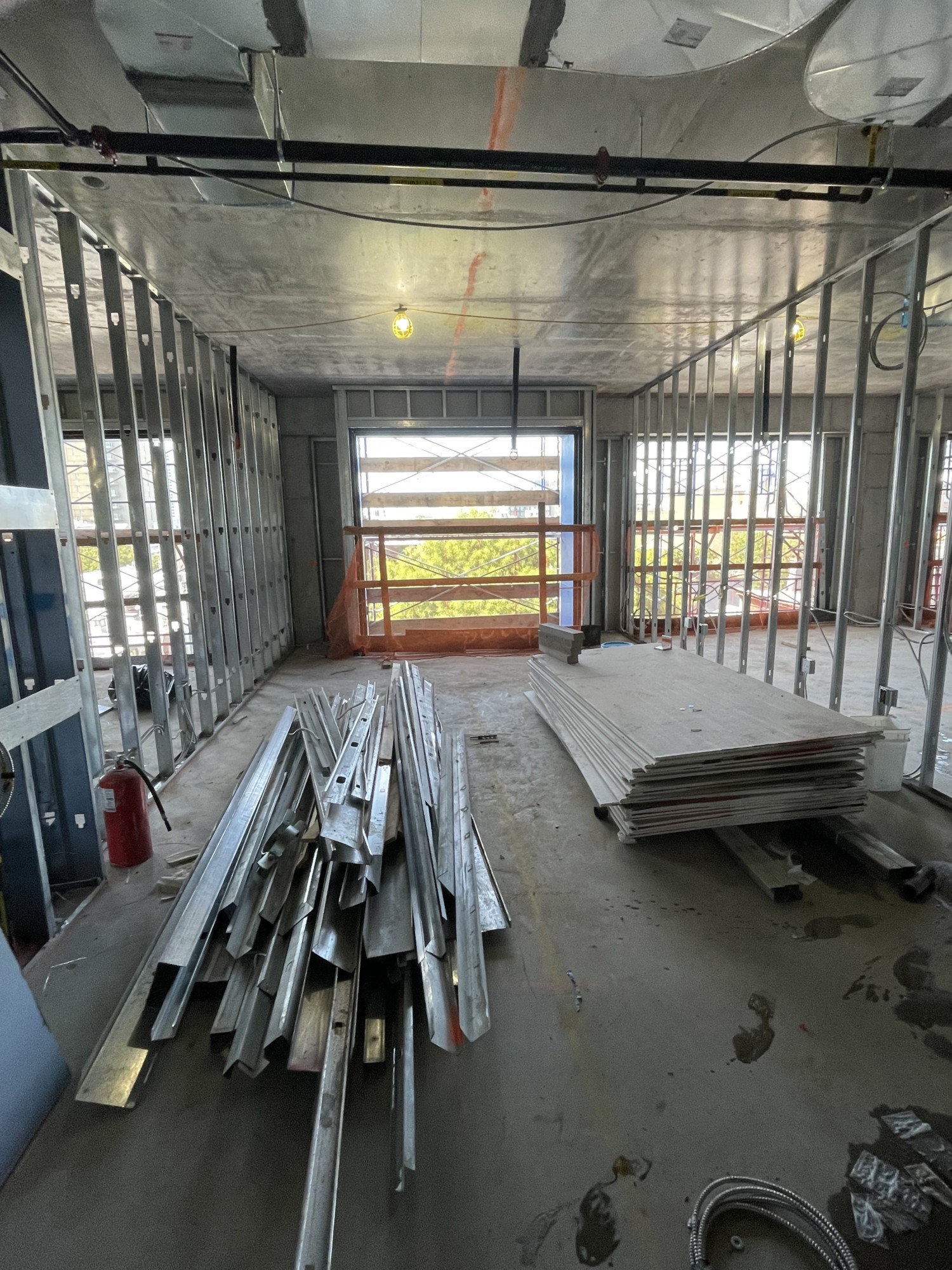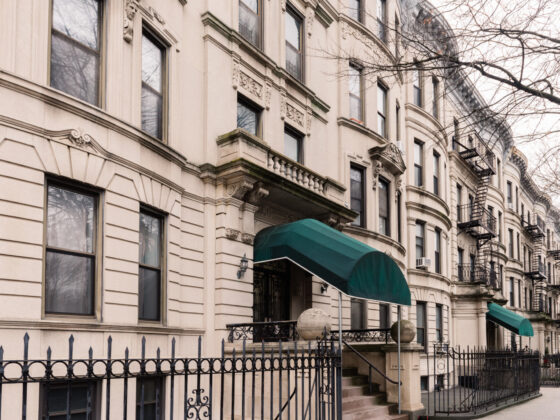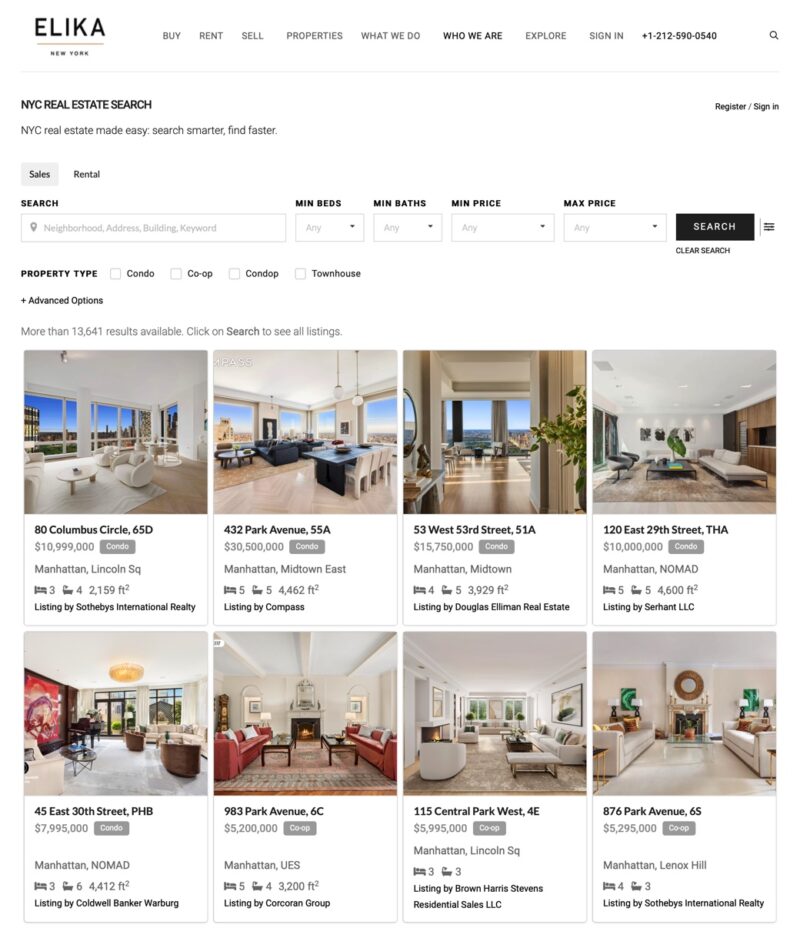Table of Contents Show
Like a newly printed dollar bill, new development condos can have an enticing appeal in NYC. After all, these sparkly new homes tend to come with the latest designs, features, and amenities that the housing market has to offer. Moreover, new developments that are in the pre-construction phase can often be purchased at a discounted rate that will immediately begin to appreciate as more units are sold, providing a solid investment for the future.
But while new developments can be highly alluring, they can also be inherently risky. For instance, problems could arise during construction that delays the completion date, there may be defects in the construction, or the final result could be significantly different from what you expected.
Simply put, there are a lot of things that can go wrong with a new development purchase, which is why it pays to do your homework and ask the right questions before making any commitments. Below are 10 condo-specific questions that you should ask when assessing a new development.
1. Who is the developer and what is their track record?1. Who is the developer and what is their track record?
When it comes to new developments, knowing the developer is just as important, if not more so, than knowing the building. New York City has thousands of property developers, also known as “sponsors,” and not all of them have a good track record. Some are embroiled in legal trouble while others have a dubious reputation for fouling up previous projects or taking advantage of uninformed buyers.
As such, one of the first things you’ll want to know when assessing a project is who the developer is. Gather all the information you can on them and know the red flags to watch out for, such as previous or ongoing lawsuits, a history of bankruptcies, or a reputation for poor planning. While one red flag needn’t always be a deal breaker, it should be enough to suggest a deeper dive into their financials, history, and reputation is warranted.
2. How many units will be built and how many are already under contract?2. How many units will be built and how many are already under contract?
Condominiums can come in many different sizes with the number of units ranging anywhere from a dozen or less to several hundred. Buyers’ ought to assess ahead of time what their ideal building size is. Just know that the fewer the units, the higher the common charges are likely to be.
As for the number of units already under contract, knowing this can give you a good idea of how far along the project is. If not many units are under contract, then this suggests that the completion date is still far off and harder to predict. How much this matters to you will depend on your flexibility i.e., are you looking for something you can move into within the next year or are you prepared to wait a bit longer?
3. What is the target completion date and outside date?3. What is the target completion date and outside date?
Provided that construction has already started, the developer should have a target completion date for when the project will be finished. Just know that this can be delayed, especially if the developer is waiting for more units to be sold. The completion date will also be the same or similar for all units since closing cannot take place until the entire building is finished or very close to completion.
In the event that your unit isn’t completed by a scheduled date, buyers can usually get their deposit back. This is called the outside date and it provides buyers with some security against being locked into a deal that is continuously delayed. Ask the developer ahead of time about the outside date as you may be able to negotiate on when it kicks in.
4. What is the ceiling height?4. What is the ceiling height?
The standard ceiling height is about nine feet, give or take, though they can reach up to 10 or 12 feet in more luxurious properties. Having a high ceiling can come with many advantages, such as a more spacious environment, greater air circulation, and more room for natural light to filter in.
As such, you’ll want to know what your planned ceiling height will be. It’s a straightforward question but if the project is still in the preconstruction phase the developer may not be able to give you a specific answer. That’s because until the concrete is poured, it’s hard to accurately predict ceiling height as site conditions can vary. Don’t mistake this for being an insignificant question as ceiling height can matter a great deal when you’re shelling out millions of dollars for a top-end condo.
5. Construction methods and materials5. Construction methods and materials
You don’t need to be an architect to understand whether the methods and materials being used in the building’s construction are up to scratch. You simply need to know whether the developer is taking the residents into account when designing the property. For instance, are the units being designed with noise reduction in mind, such as soundproofing floors and walls? Does the building have fire safety measures in place, such as fire-retardant materials?
Where will the electrical sockets be placed, and can you customize their location?
In short, think about how you would use the space and what kind of issues you would likely run into once you’ve moved in. Some issues such as inadequate soundproofing and electrical wiring can be fixed at a later date, but these can be expensive renovations that you’ll be paying out of pocket for. Far better to have everything right from the moment you move in.
6. How will ventilation be handled?6. How will ventilation be handled?
Most new developments in NYC are designed with an open-plan layout in which the kitchen area is part of the larger living space. With that in mind, you’ll want to know how ventilation will be handled throughout the cooking area. NYC building code requires only a single window in the kitchen for ventilation, which may not be enough for dissipating cooking smells. Therefore, it’s better to have a built-in ventilation system.
7. What are the actual finishes?7. What are the actual finishes?
Digital rendering technology has become incredibly advanced in recent years, allowing for the creation of near-photorealistic renderings of how a unit will look once completed. However, no matter how real and pretty a rendering might look, just know that it’s only a model and may not give you an honest idea of how the unit will look on move-in day. This is particularly so when it comes to finishes, fixtures, and fittings. As such, you should ask what the materials will be and examine samples to see what they’re like up close.
8. Is the unit a build-out or just a shell?8. Is the unit a build-out or just a shell?
High-end NYC buildings will sometimes offer the shell space only. This means that the buyer will be fully responsible for designing and building the interior. Depending on what you’re looking for, this can be an advantage and it allows you total freedom to design the unit the way you want. However, purchasing just the shell will mean you’ll need to leave enough money aside to pay for interior design, which will have to be factored into your budget before making an offer.
9. How much will the monthly common charges be?9. How much will the monthly common charges be?
It may be difficult to know in advance how much the monthly common charges will be for the building’s upkeep. Nevertheless, you should try to get a rough idea of what you can expect as any failure to keep up with your payments will affect the value of the property. In Manhattan, common charges are averaged at $1.49 per square foot or $2,123 per month. Be aware that lower common charges aren’t necessarily a good thing as each owner is still responsible for funding any expenses or repairs.
You can request a copy of the building’s bylaws, as well as its Covenants, Conditions, and Restrictions (CC&R), which will outline the rules and fines that will be imposed for breaking them. It may also be a good idea to have your buyer’s agent investigate comparable properties in the neighborhood, which can give you an idea of what your monthly common charges will be.
10. Are there any additional fees or closing costs?10. Are there any additional fees or closing costs?
Don’t be fooled by a good offer price as there will always be additional costs that you need to factor into your budget. For instance, closing costs on an NYC new development can easily hit 5 percent of the purchase price, far higher than the average 3 percent for a resale purchase. These costs will include transfer taxes, the sponsor’s attorney, working capital contribution, and a host of other miscellaneous expenses.
Fortunately, closing costs can be negotiated, though how much leeway you have will depend on a range of factors, such as the state of the local real estate market, buyer demand, and whether you’re paying all cash or financing the purchase.
Final ThoughtsFinal Thoughts
New development condos can be a great investment, but you really need to do your due diligence on them before signing anything. Most of the information on a new development can be found in the offering plan, which every developer must have before they can start selling. Even so, it still helps to know some of the most pertinent questions you should ask when assessing a new development. Should it happen that you find the answers to your questions are unsatisfying, then maybe it’s better to continue your home search elsewhere.








